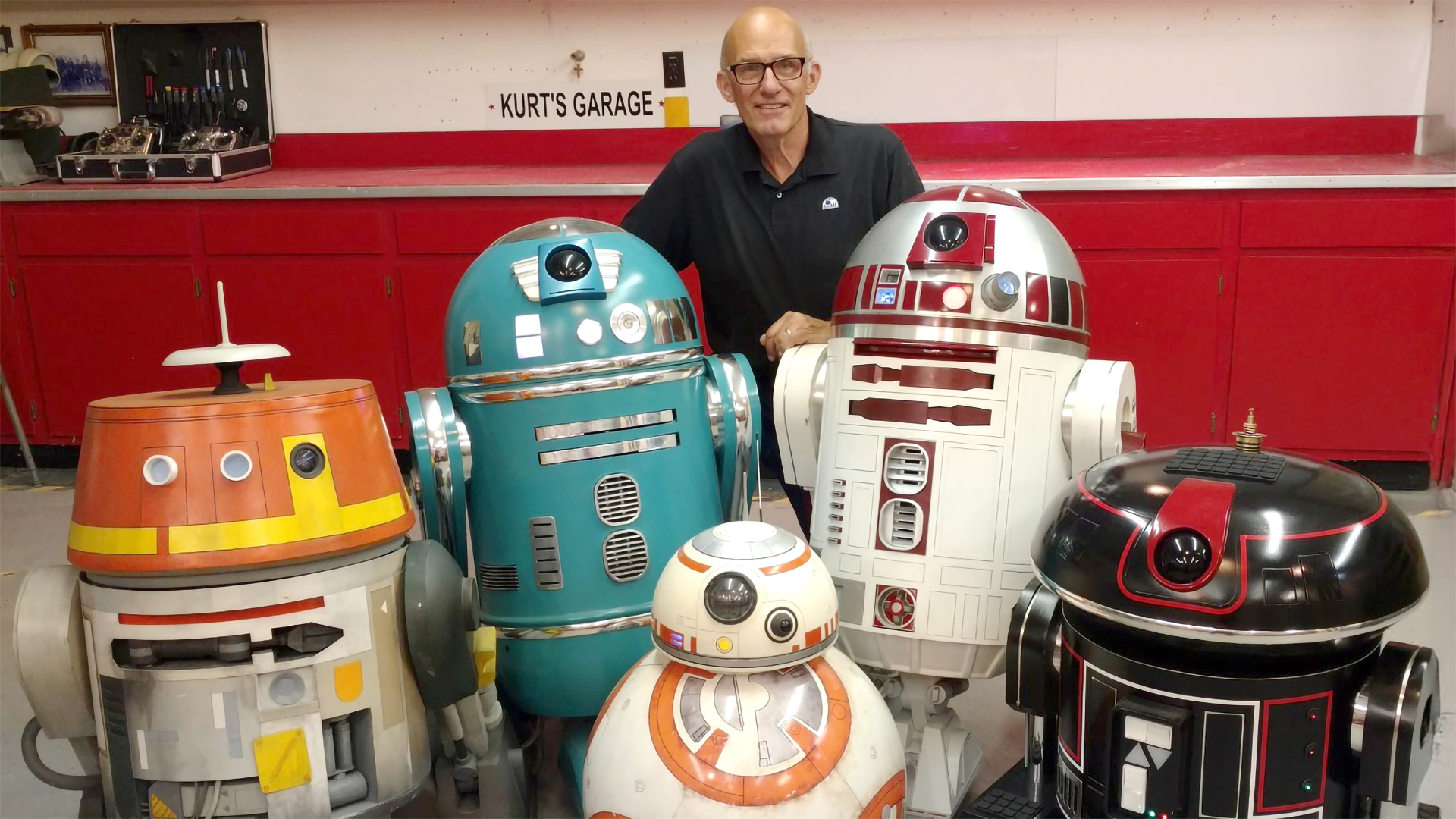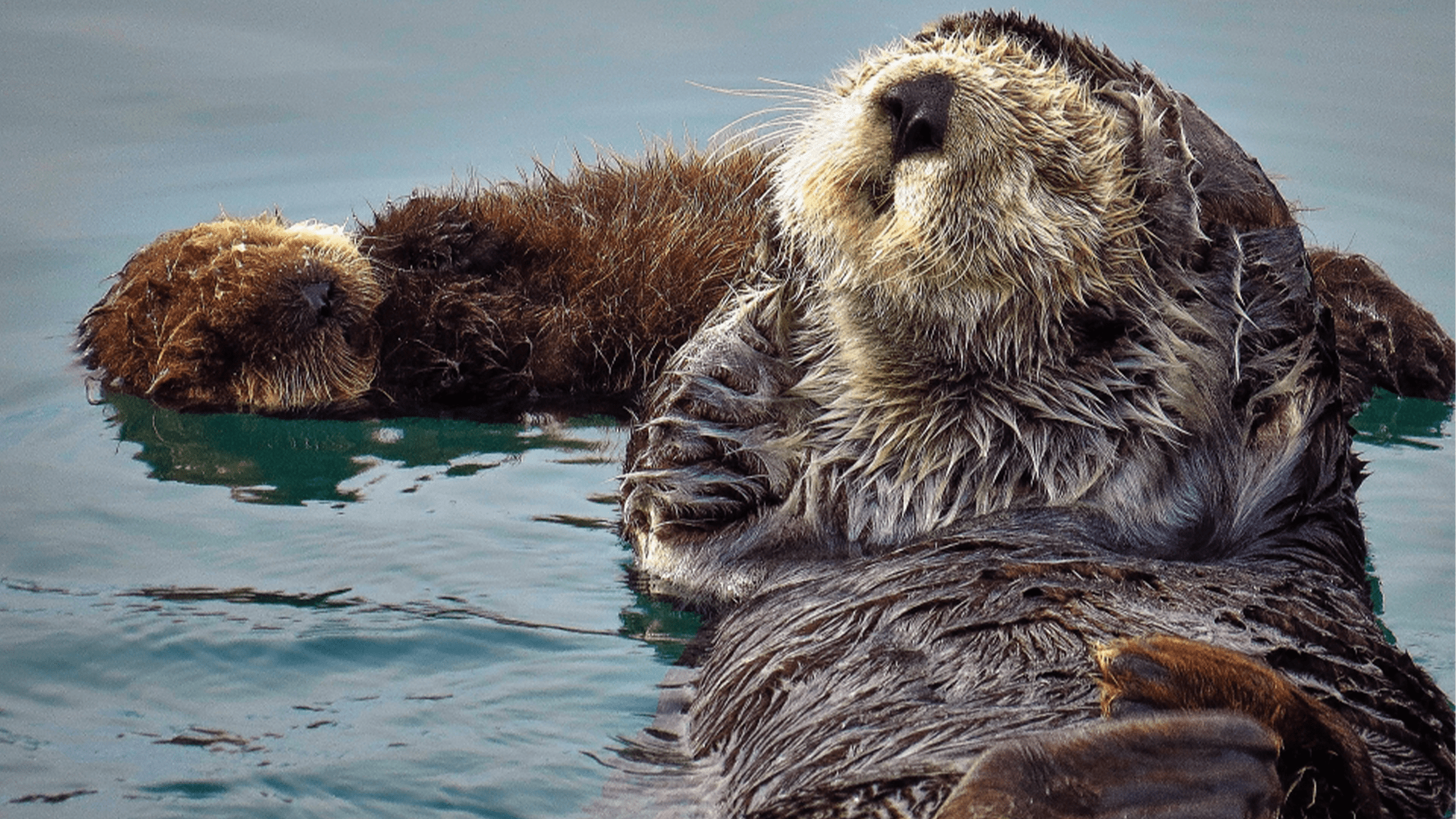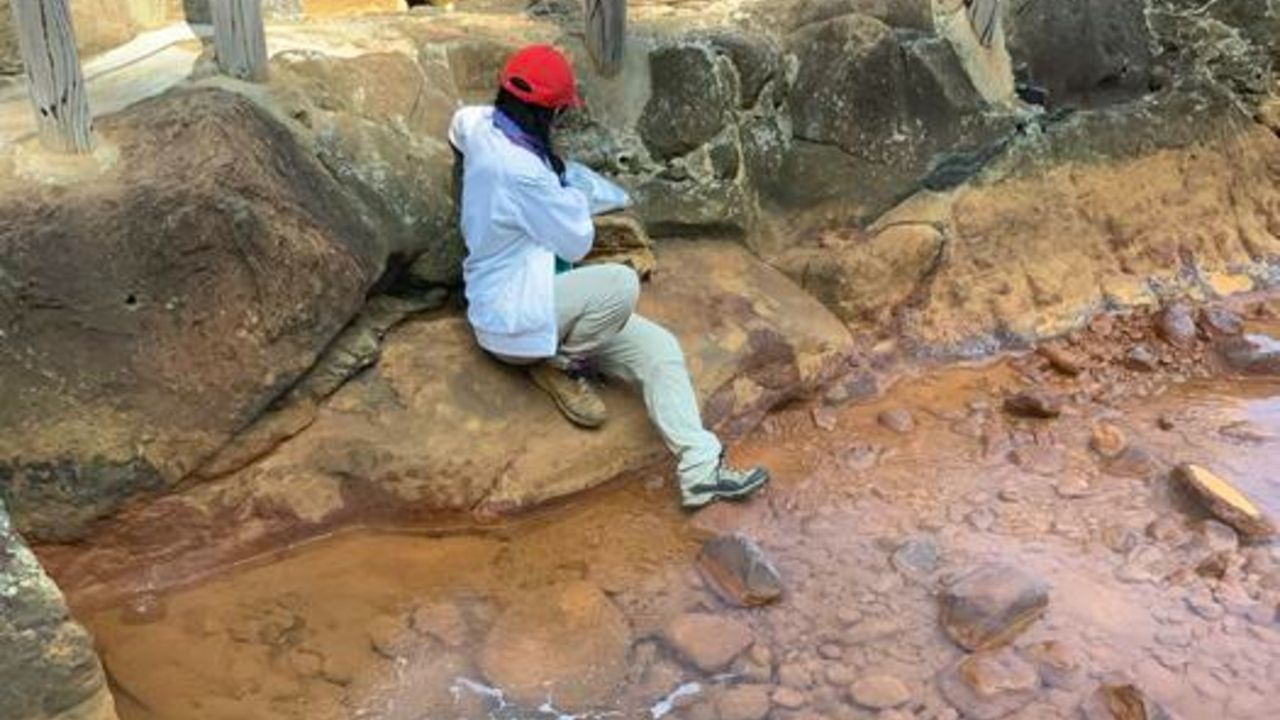Wild chimps consume the equivalent of two glasses of wine a day
PositiveScience

Recent research reveals that wild chimpanzees consume the equivalent of two glasses of wine daily, supporting the 'drunken monkey hypothesis' which suggests a biological basis for humans' attraction to alcohol. This finding not only sheds light on primate behavior but also offers insights into the evolutionary roots of human drinking habits, making it a fascinating topic for both scientists and the general public.
— Curated by the World Pulse Now AI Editorial System
















